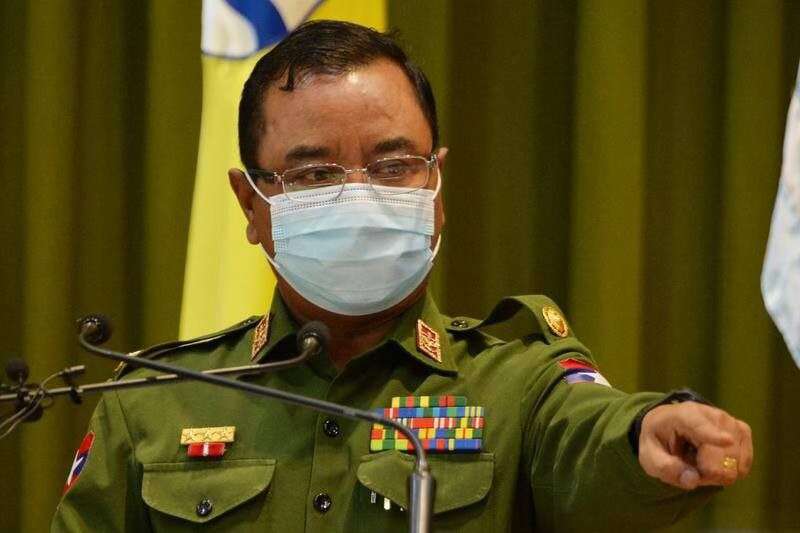
The military council on March 30 rejected requests from international media outlets seeking to cover the devastating earthquake that has left thousands dead, missing, and trapped. The powerful 7.7 magnitude earthquake caused extensive damage, and despite multiple requests from international news organizations to enter Myanmar for coverage, the military council denied all such requests.
Military council spokesperson Zaw Min Tun cited the lack of water, electricity, and hotel accommodations as reasons for denying access to international journalists. In an audio message sent to some news outlets on the evening of March 30, he stated that it would be impossible to accommodate journalists’ arrival, stay, and travel arrangements. However, an international journalist criticized these justifications as unreasonable, noting that journalists routinely work in war zones and natural disaster areas, emphasizing that their primary concern is conveying the ground reality to the world rather than comfort or convenience.
Two days after the earthquake, as of March 30, the death toll continues to rise, with aftershocks still being recorded in Mandalay, Naypyidaw, and Bago regions. The military council’s media blackout prevents the world from receiving timely information about the true extent of destruction in earthquake-affected areas and the urgent humanitarian aid requirements. Furthermore, humanitarian organizations express concern that this restriction could impede the delivery of international aid to those in need. The military council’s decision to block international media access has effectively isolated affected communities from global attention and potentially delayed crucial assistance during this critical period.



